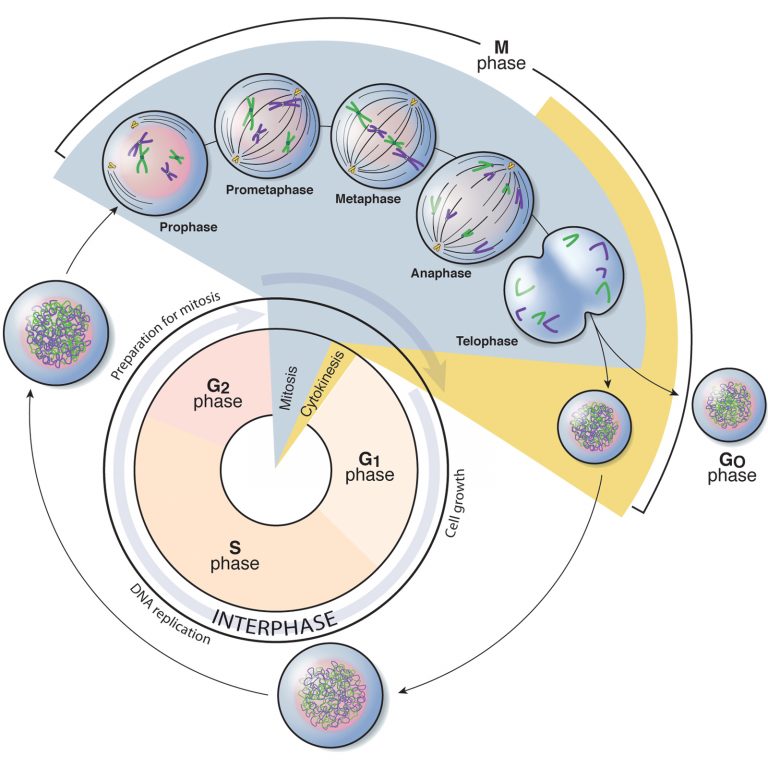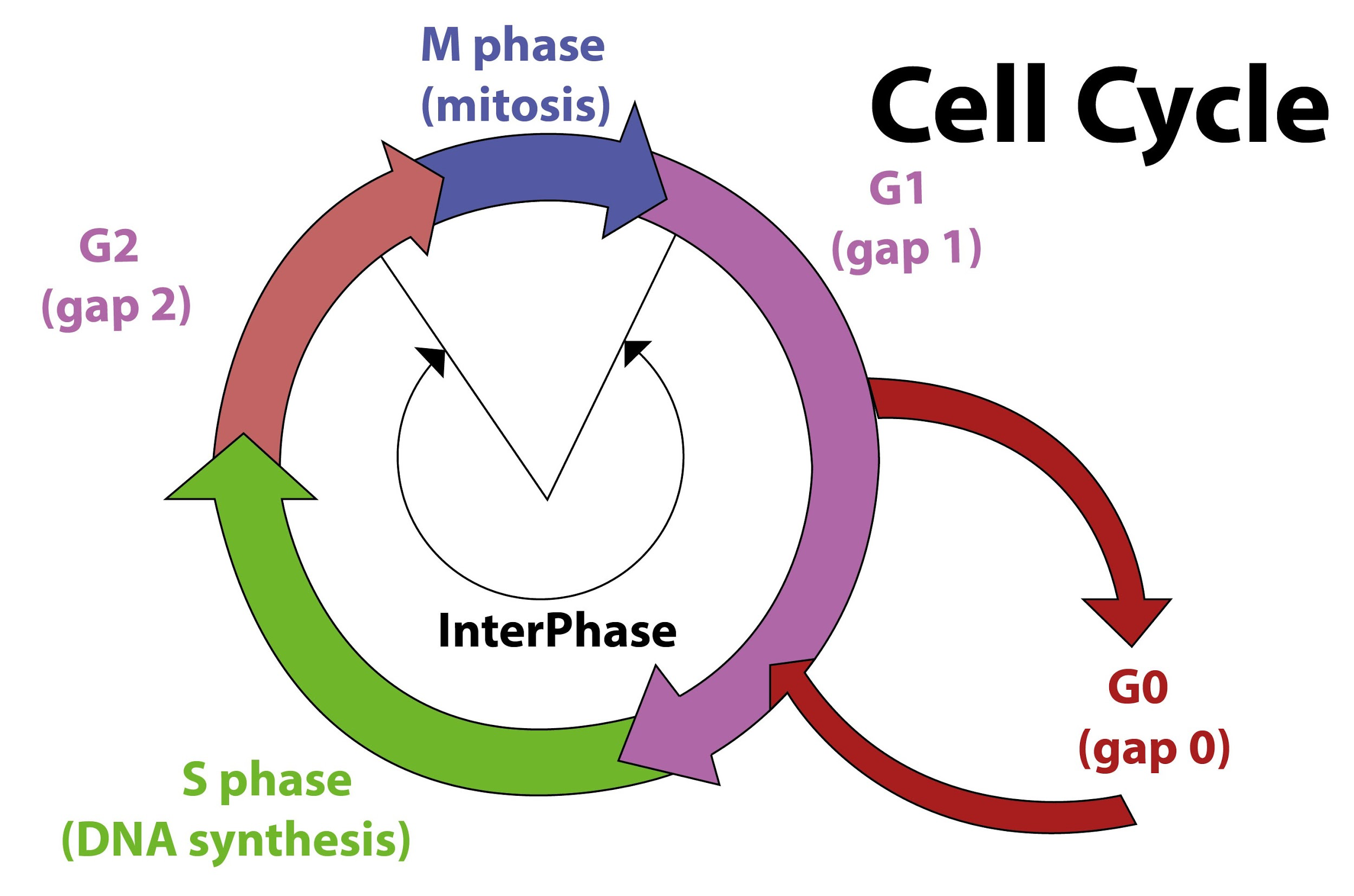why is interphase the longest phase of the cell cycle Interphase- definition, stages, cell cycle with diagram & video
Have you ever wondered how cells divide and create new cells? It all starts with a process called interphase. Interphase is the first stage of the cell cycle, where the cell grows and replicates its DNA. There are three stages within interphase: G1, S, and G2. During G1, the cell is actively growing and carrying out its normal functions. It is also preparing for DNA replication, which occurs during the S stage. In the S stage, the cell replicates its DNA to ensure that each new cell will have a complete set of chromosomes. The replication process is extremely important, as mistakes can lead to genetic disorders and diseases. Finally, during G2, the cell prepares for cell division by synthesizing proteins and organelles needed for cell division. At the end of interphase, the cell enters the mitotic phase, where it divides into two new cells. This process is crucial for growth, development, and repair in multicellular organisms. To better understand interphase, let’s take a closer look at each stage. During G1, the cell is actively growing and carrying out its normal functions. It is a busy time for the cell, as it prepares for DNA replication in the next stage. This stage typically lasts the longest of the three stages within interphase. In the S stage, the cell replicates its DNA to ensure that each new cell will have a complete set of chromosomes. The DNA replication process is tightly regulated to prevent mistakes in the genetic code, which can lead to genetic disorders and diseases such as cancer. Finally, during G2, the cell prepares for cell division by synthesizing proteins and organelles needed for cell division. It is an important stage, as any errors in protein synthesis can lead to cell division failure and genetic abnormalities. The interphase stage is crucial for the successful division of cells. It is important to note that interphase is not a static process, but rather an actively regulated and responsive one. Throughout the stages, the cell constantly responds to internal and external signals to ensure proper DNA replication and cell division. In conclusion, interphase is a complex and essential process that sets the stage for successful cell division. By understanding the stages of interphase, we can better appreciate the intricacies of the cell cycle and the importance of proper DNA replication and cell division.
If you are searching about Phases of the cell cycle | Battista Illustration you’ve visit to the right web. We have 5 Pics about Phases of the cell cycle | Battista Illustration like Interphase - Cell cycle, Interphase- definition, stages, cell cycle with diagram & video | Cell and also 10.2A: Interphase - Biology LibreTexts. Here it is:
Phases Of The Cell Cycle | Battista Illustration
 www.battistaillustration.comphases mitosis interphase prophase metaphase telophase anaphase g0 cytokinesis
www.battistaillustration.comphases mitosis interphase prophase metaphase telophase anaphase g0 cytokinesis
Name The Stage Of The Cell Cycle At Which One Of The Class 11 Biology CBSE
 www.vedantu.comcell g0 synthesis protein phases rna interphase death occurs vedantu cbse
www.vedantu.comcell g0 synthesis protein phases rna interphase death occurs vedantu cbse
10.2A: Interphase - Biology LibreTexts
 bio.libretexts.orginterphase cell cycle biology phase stages 2a mitotic gap
bio.libretexts.orginterphase cell cycle biology phase stages 2a mitotic gap
Interphase- Definition, Stages, Cell Cycle With Diagram & Video | Cell
 www.pinterest.com.auinterphase mitotic processes uncontrolled microbenotes nucleus
www.pinterest.com.auinterphase mitotic processes uncontrolled microbenotes nucleus
Interphase - Cell Cycle
 mitosisbioproject.weebly.cominterphase
mitosisbioproject.weebly.cominterphase
Interphase- definition, stages, cell cycle with diagram & video. Phases of the cell cycle. Interphase cell cycle biology phase stages 2a mitotic gap